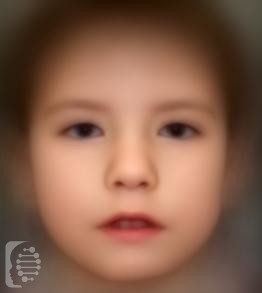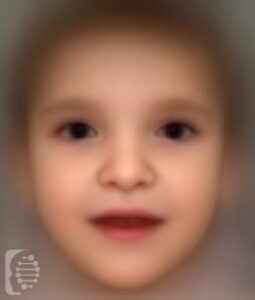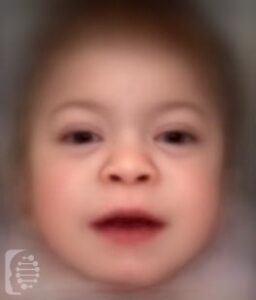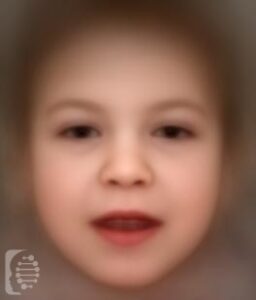
Microphthalmia with Limb Anomalies (MLA)
Microphthalmia is a rare genetic syndrome and developmental disorder also known as Anophthalmia Waardenburg syndrome. The syndrome affects the development of the hands, feet, and eyes. This syndrome is also known as:Anophthalmia-syndactyly; Ophthalmo-acromelic syndrome; Ophthalmoacromelic Syndrome; OAS; Waardenburg Anophthalmia Syndrome Changes in the SMOC1 gene are responsible for causing the syndrome. The syndrome is inherited […]






